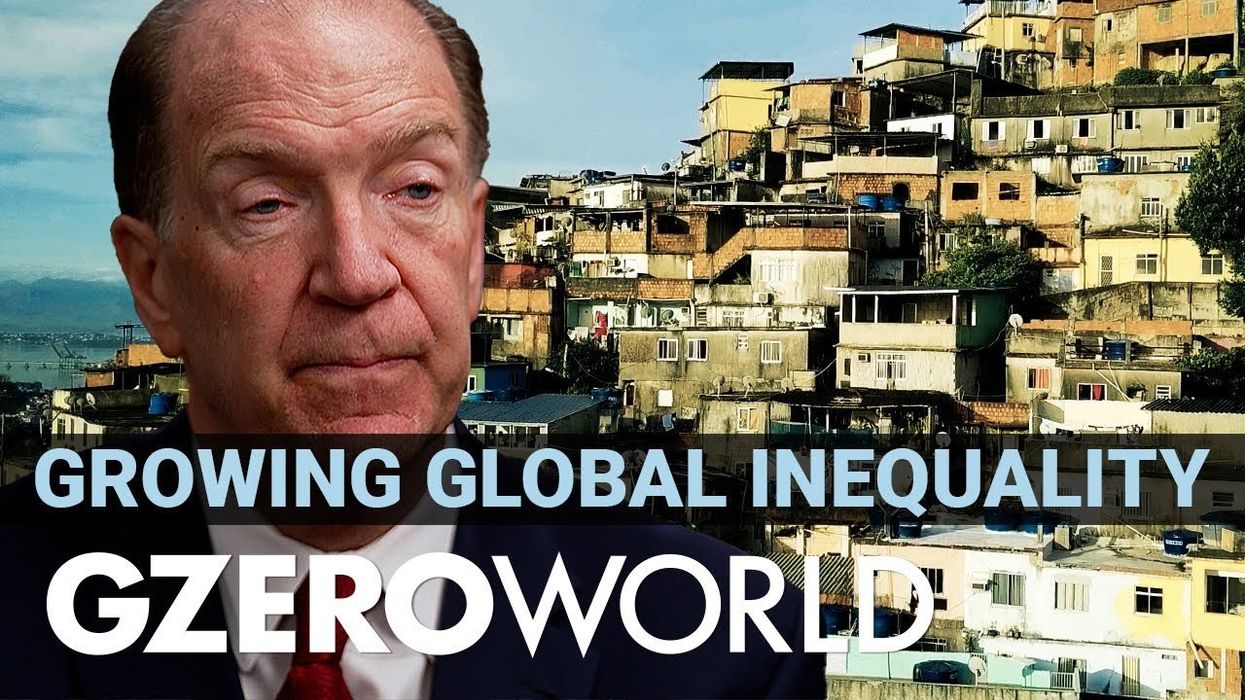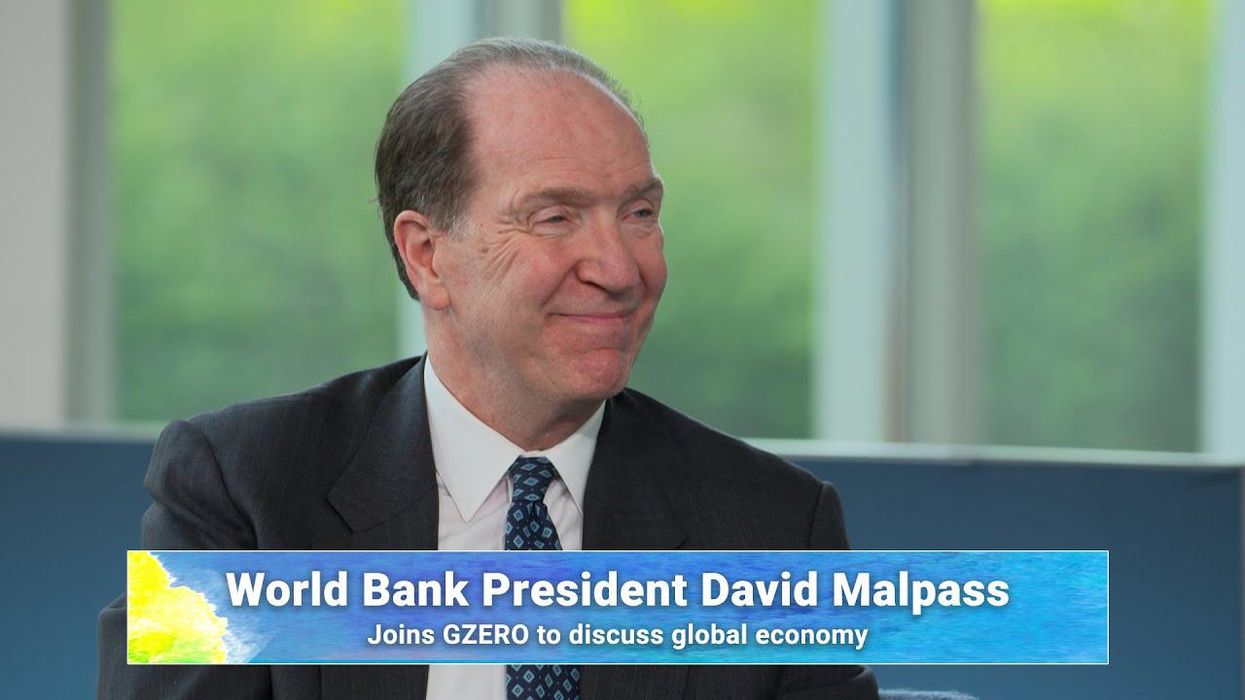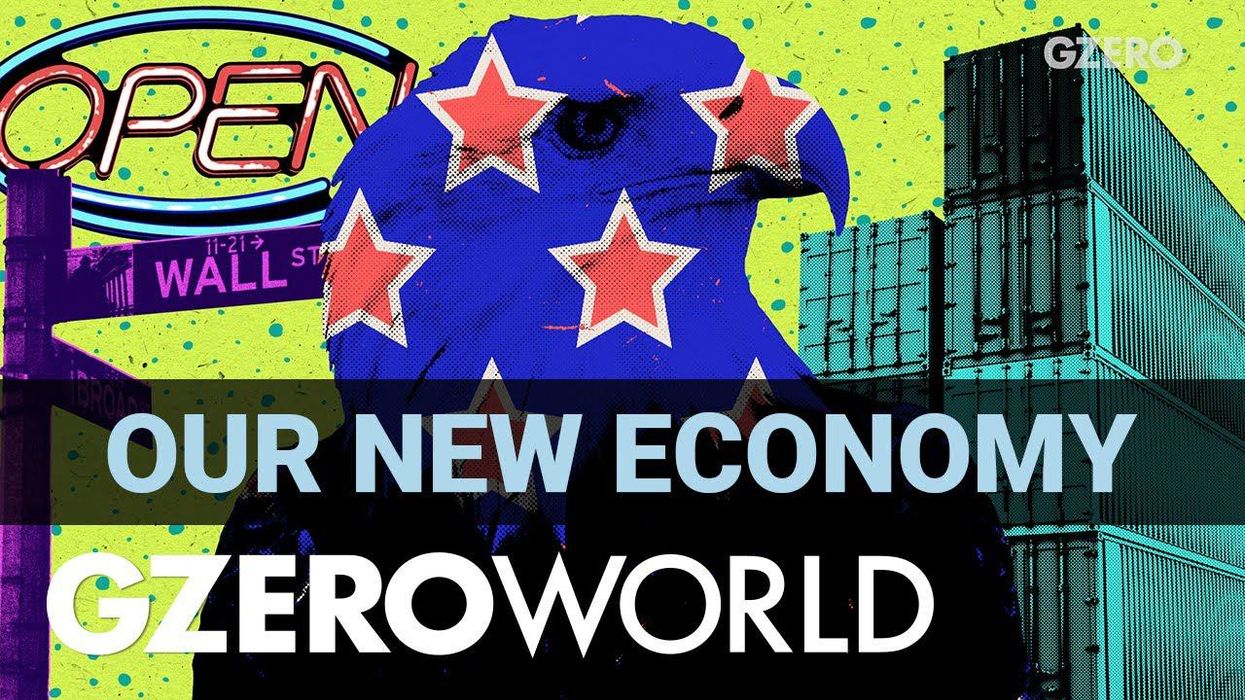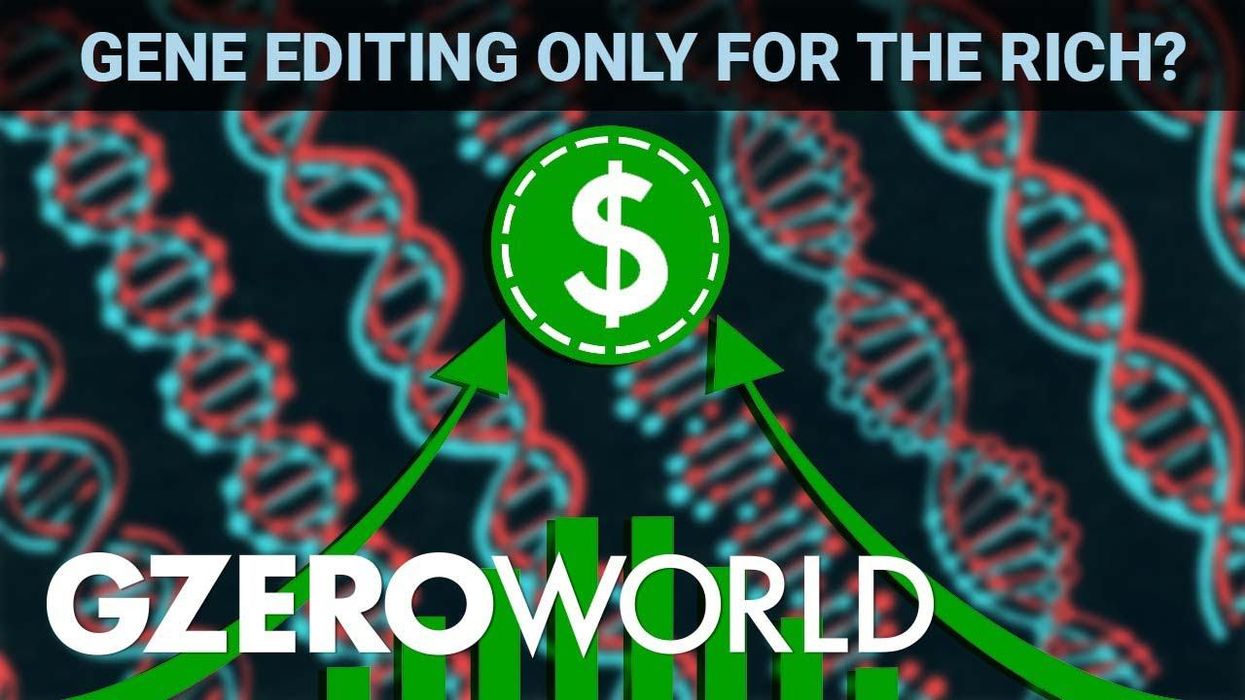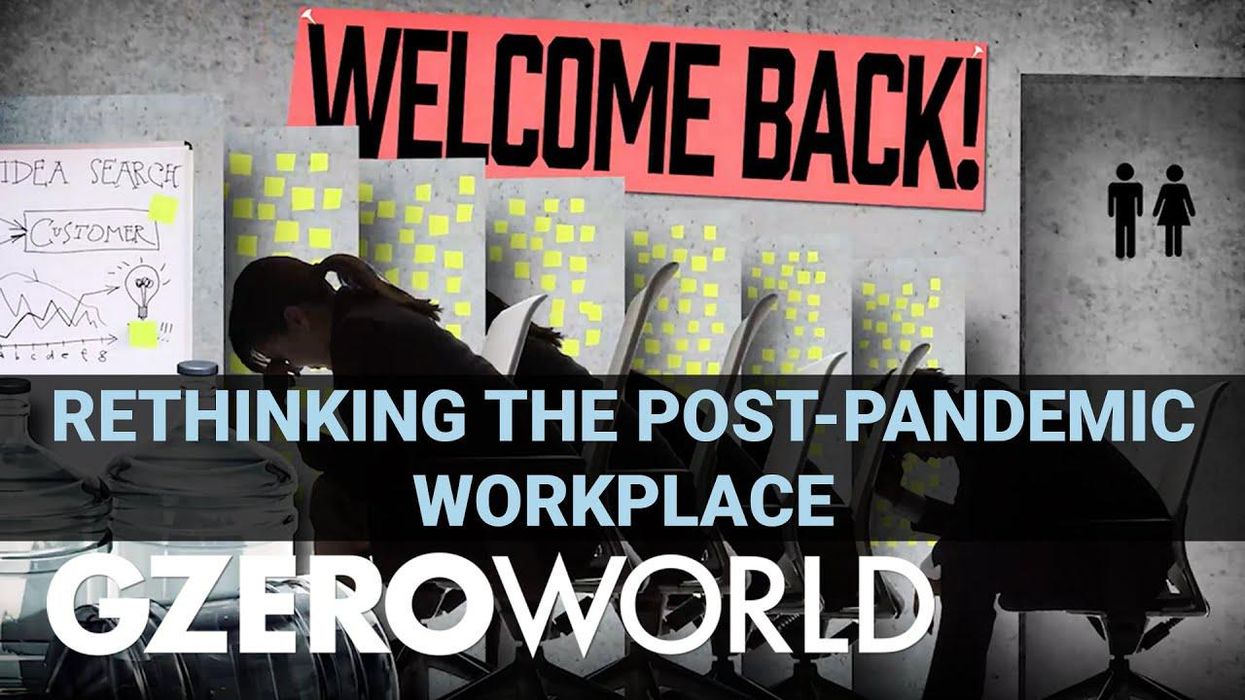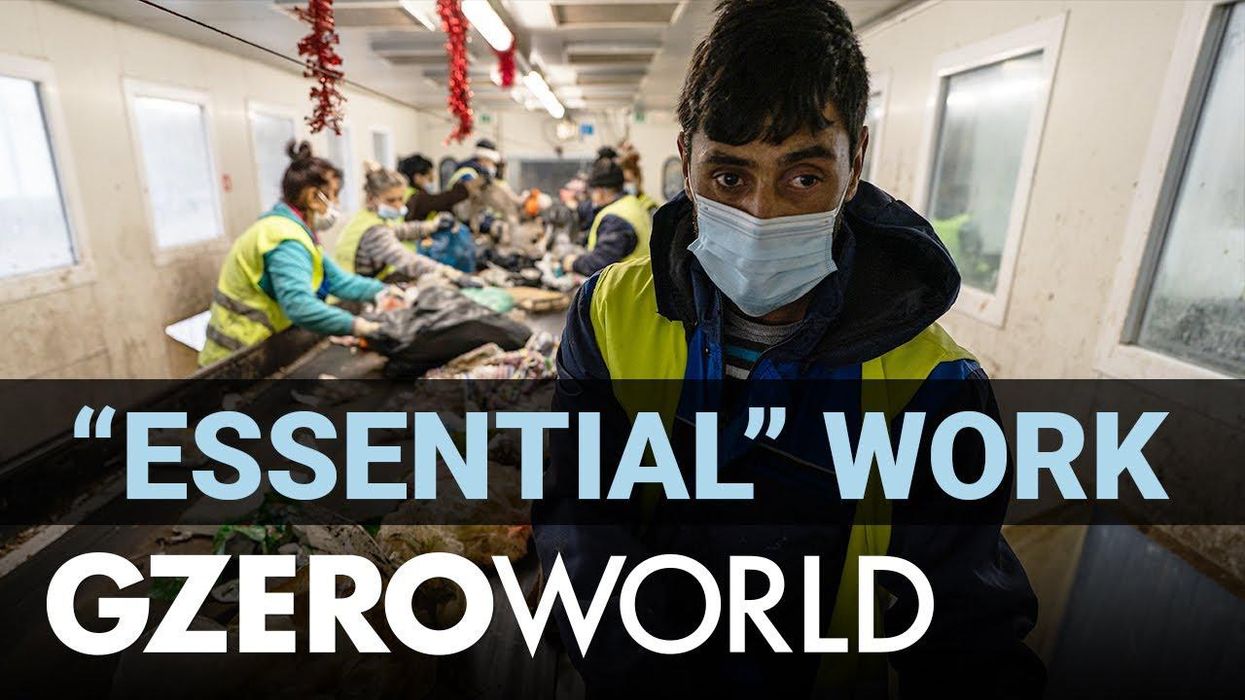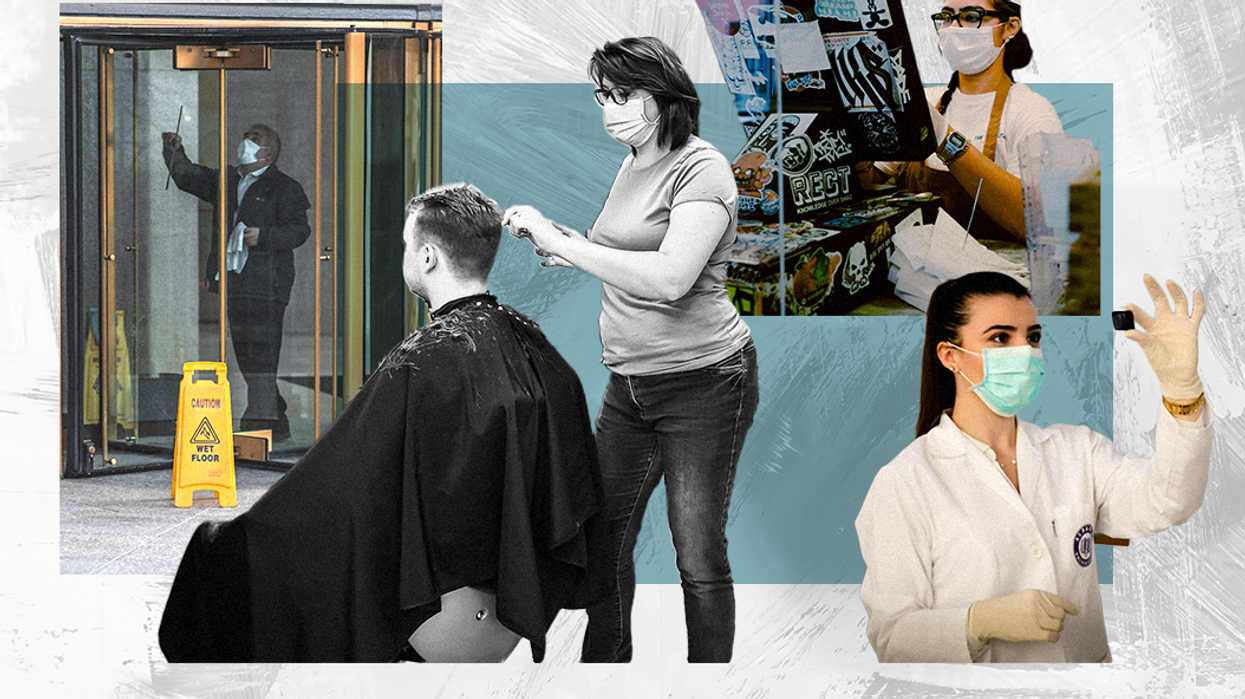Ian Explains
Ian Explains: Why is global debt so high?
As of 2023, global debt as ballooned to an eye-watering $300 trillion. That’s an average of $37,500 for every person on the planet. Why is global debt so high? Decades of low interest rates and cheap good made money easy to borrow. Then, along came a pandemic which stalled growth and a war in Ukraine that drove food and energy prices through the roof.
May 30, 2023

